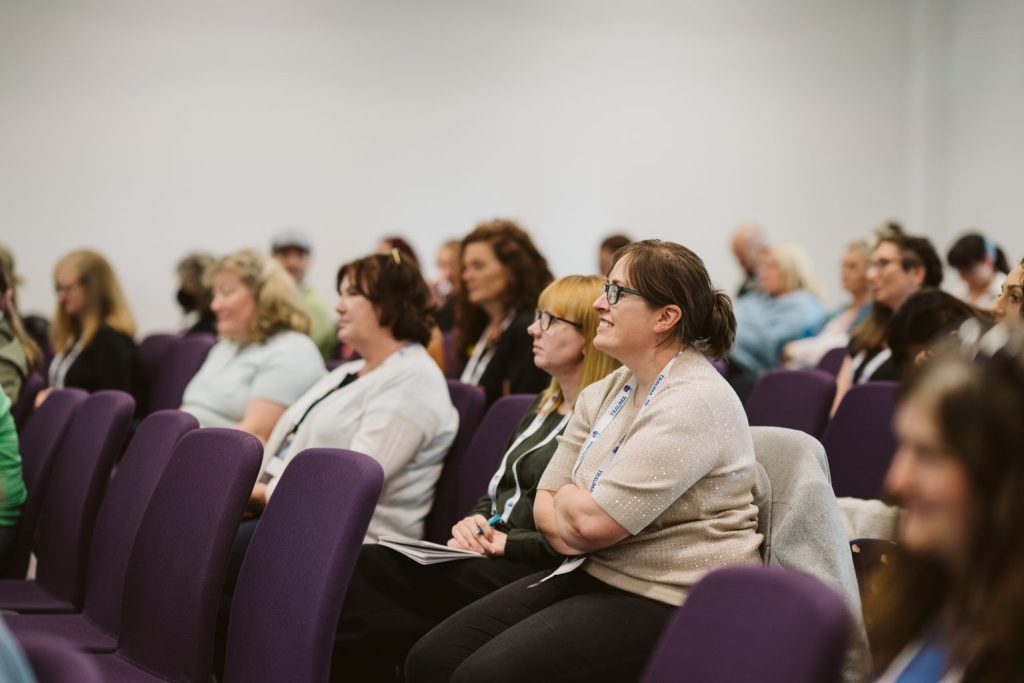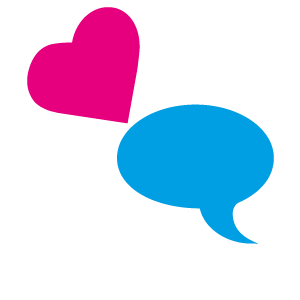Embracing trauma-informed approaches in higher education: more than just a passing trend

This blog was kindly authored by Joanna McCloughry, freelance consultant and trainer in trauma-informed approaches.
There is no universally accepted definition of trauma; however, the word ‘trauma’ comes from the Greek word meaning ‘wound’. It is an emotional wound we cannot see, which has far-reaching impacts on both individuals, university communities and wider society. It is estimated that over half of students studying at UK universities have experienced at least one form of adverse childhood experiences (ACE) or trauma, such as abuse, neglect, or experiencing or witnessing violence. Certain groups, such as young people who grow up in social deprivation, women, LGTBQI+ communities, ethnic and racial minorities, and people with disabilities, are more likely to experience multiple forms of trauma before they even get to university. It’s crucial to recognise that the process of being marginalised or discriminated against can itself be a traumatic experience for these groups.





Responses